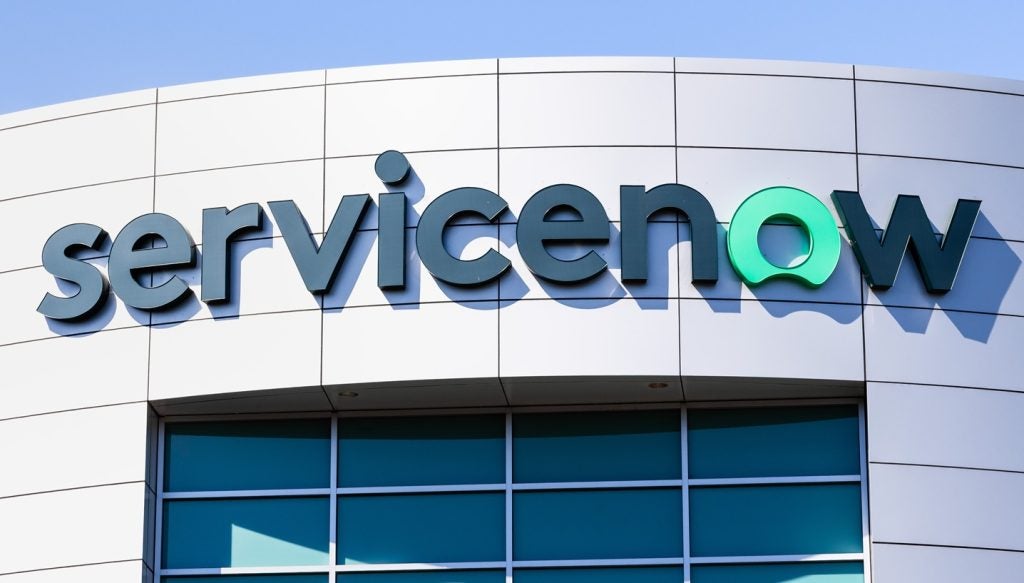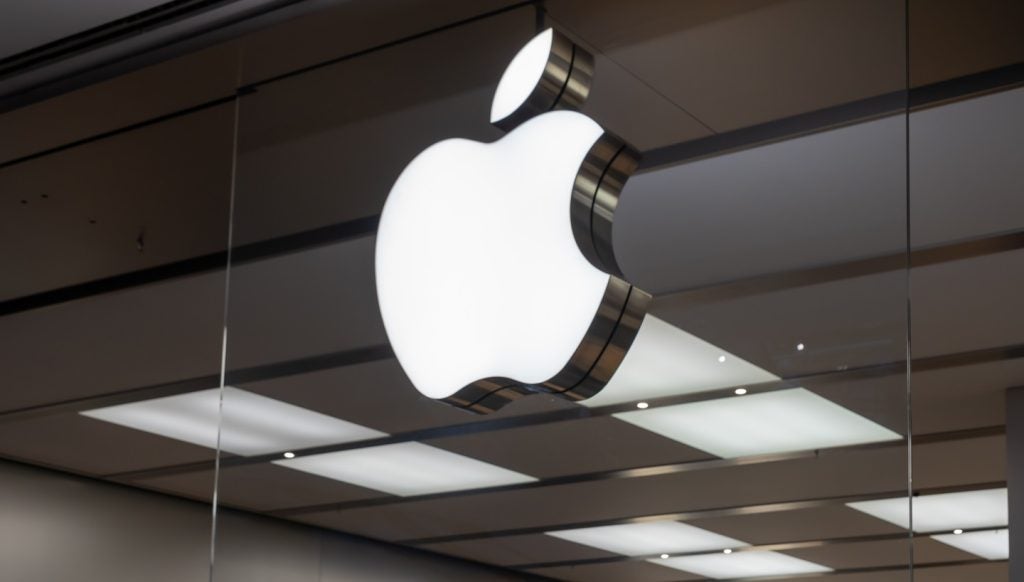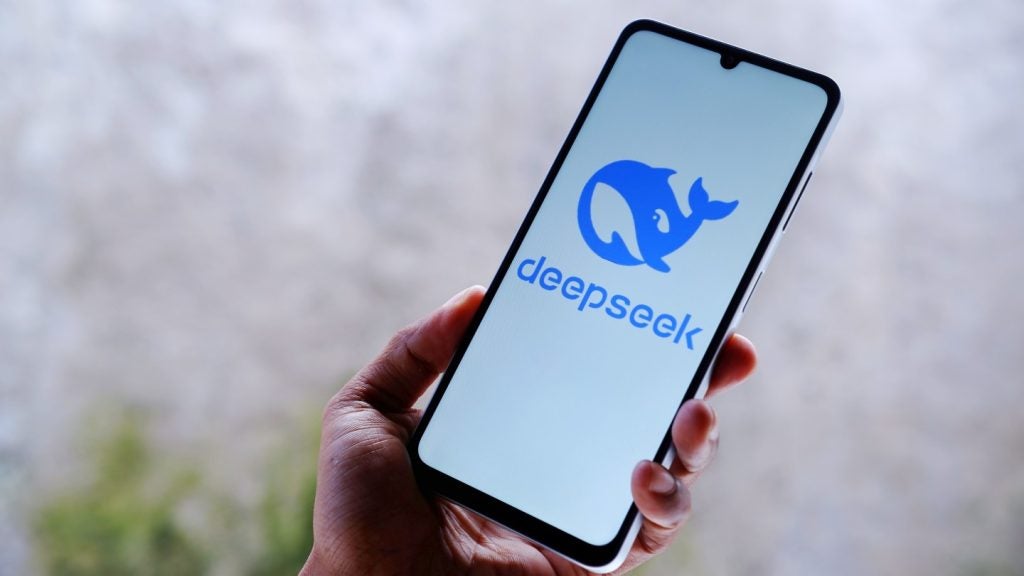Netflix’s Squid game has become the streaming service’s most watched show ever, and the South Korean drama has topped the charts in all the 83 countries where Netflix streams.
However, the surge in network traffic has raised questions surrounding net neutrality.
South Korea’s SK Broadband is suing Netflix, claiming the company should cover the cost of the flood of network traffic. Netflix is fighting this, arguing it contravenes net neutrality.
The outcome of this case has the potential to increase internet fees and streaming service fees around the world.
Squid Game results in surge of network traffic
Netflix has reported that more than 100 million viewers have watched Squid Game across the 83 countries in which it streams.
This success has resulted in South Korea’s SK Broadband suing the company. The broadband provider claims that Netflix should cover the cost of the surge in network traffic. SK Broadband stated that the traffic generated by Netflix on its network increased by 24 times in September. This coincided with the month of Squid Game’s release.
SK Broadband is claiming that Netflix has failed to pay the correct network usage fees over the past three years. Local laws in South Korea state that the heaviest users of network traffic should pay fees to broadband providers.
Netflix refuting SK Broadband’s claims stating it contravenes net neutrality
Net neutrality is the concept that internet service providers should treat all content equally. Netflix is arguing that SK Broadband’s claim refutes its stance on net neutrality.
The streaming service claims that this would effectively result in double billing. Subscribers would pay for both an internet connection through their Netflix subscription, as well as a direct fee for internet access.
Netflix’s claim has previously been dismissed by a district court. However, the company has appealed this.
Viewers likely to lose out regardless of the outcome
Video streaming services are becoming increasingly mainstream, with more media giants releasing new services. This serves to place extra burden on internet providers, which are already under pressure given the rise in video conferencing services seen on the back of the pandemic.
Should Netflix’s argument regarding net neutrality stand, this would leave little incentive for internet providers to invest big sums in upgrades and capacity increases. This would result in a reduction in the quality of content streamed online, with viewers losing out. What’s more, limits on data usage for consumers could become stricter.
Conversely, should Netflix lose its case, this could lead to other streaming services facing charges from internet providers. If this should come to fruition, such costs are likely to be passed on to the viewer through a rise in subscription costs.
Regardless of the outcome of SK Broadband and Netflix court case, it will be consumers that cover the cost one way or another.








